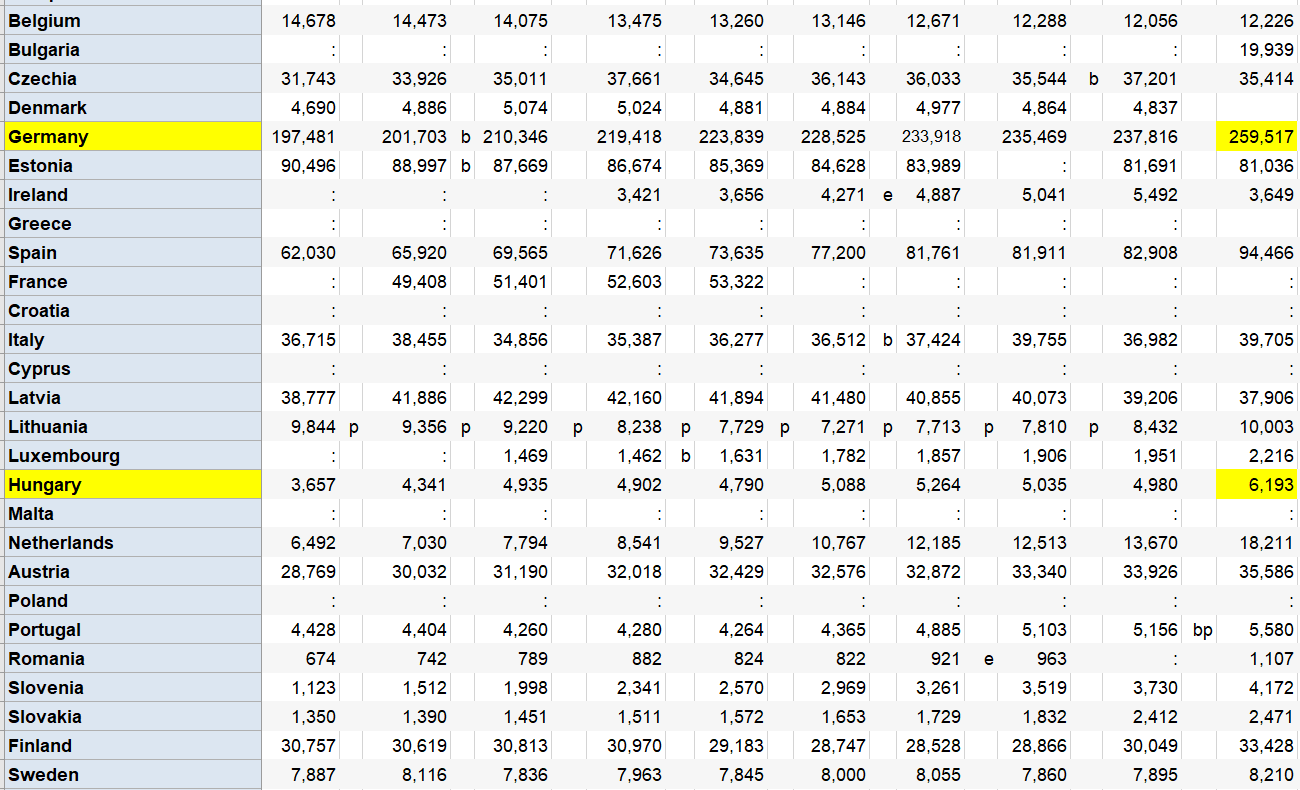The charge of Hungary hosting Russian spies resembles the plot of several Hollywood box office hits. And once we take a look at the facts, it remains just that: pure fiction.
First, there’s something you should know about the National Card program currently under fire from Brussels. With the National Card, a stay exceeding 90 days within 180 days is possible and valid for a maximum fixed term of two years. This can be extended by three years at a time. The card can only be requested for employment purposes, meaning it is granted solely based on the specific job and workplace. If someone changes jobs during this period, they must submit an extension request, during which time the authorities will once again review their eligibility with respect to the new employer.
What’s more, as Interior Minister Sándor Pintér was quick to point out in his response to Commissioner Johansson, “the same migration and security screenings are conducted when evaluating a National Card application as for other residence permits.” It’s a bit surprising that while the framework of the National Card program has been in force for some time, it has never received any criticism from Brussels until now. If it was fine in the past, why are we getting attacked now when the regulation and the practice remain unchanged?
This is an important — yet not the only — gaping hole in the Commission’s argumentation. As Foreign Minister Péter Szijjártó also noted during a lecture a couple of days ago, if somebody wants to find masses of Russian and Belarusian citizens inside the EU, they should look elsewhere, not in Hungary.
Based on data from Eurostat, dated January 1, 2023, there were a bit more than 718,000 Russian citizens within the European Union. Out of this, 6,193 Russians were registered in Hungary, less than 1 percent of the total number. By contrast, nearly 260,000 were registered in Germany, 37,906 in Latvia, and a whopping 81,036 in Estonia. Roughly the same proportions apply to Belarusian citizens. Note: Some large member states like France and Poland offered no relevant figures.

